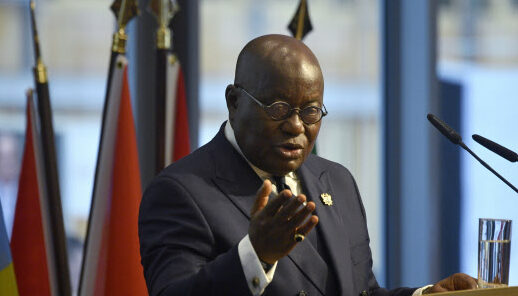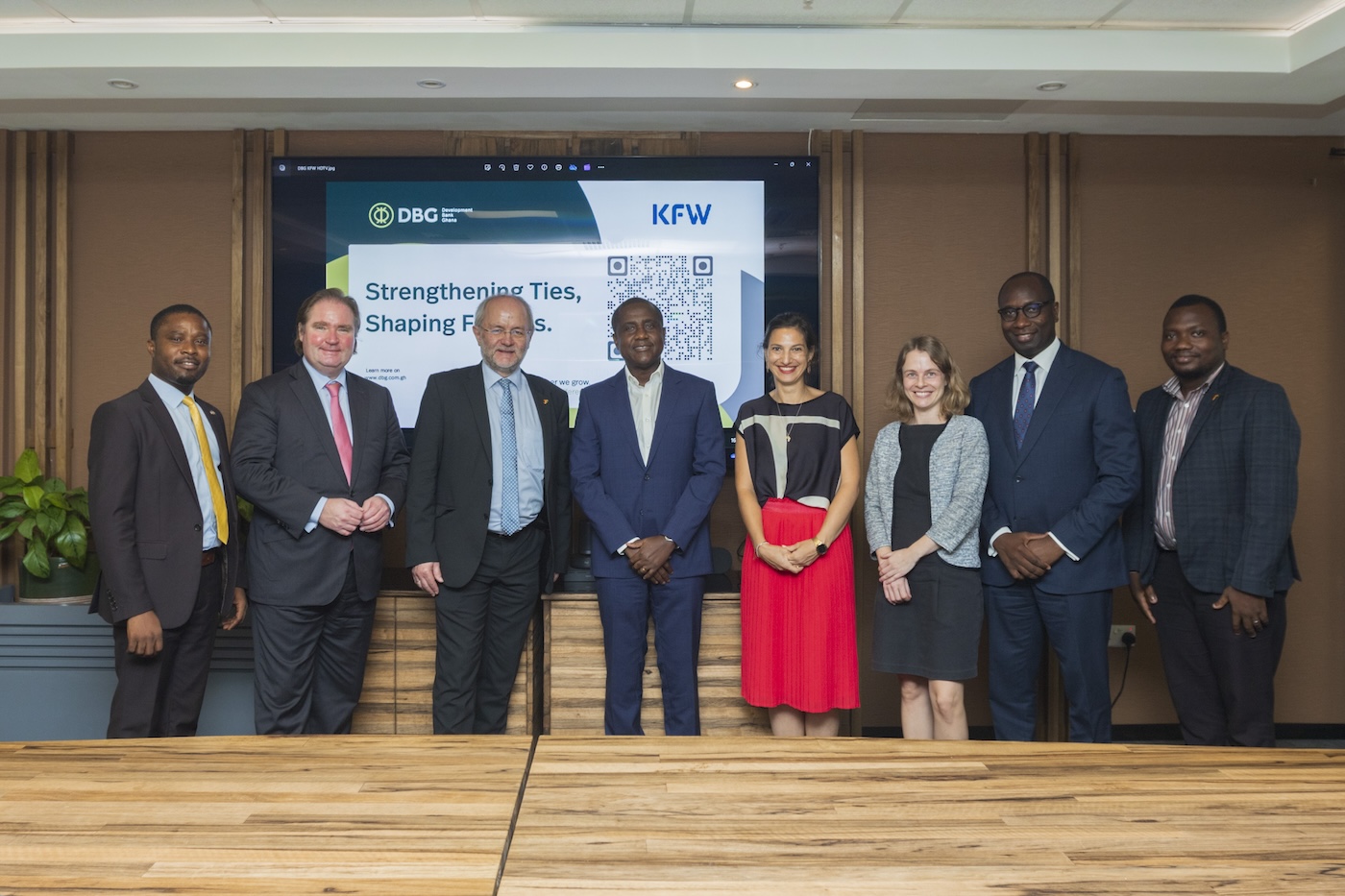Ghana’s planned development bank won’t reach its full potential unless it can break with the culture of institutional appointments being used as a form of political patronage.

In May, the finance ministry agreed to a loan of €170m from the European Investment Bank (EIB) to finance a new national bank – the Development Bank of Ghana (DBG). The new institution, to be set up in July, is also backed by the World Bank and the German development bank KfW.
The new bank will aim to tackle the dearth of long-term financing for industry and agriculture. Ghana’s finance minister, Ken Ofori-Atta, says only 15% of bank loans are for five years or longer, stifling investment in long-term projects.
A history of political appointments to Ghana’s institutions needs to end if the development bank is to reach its goals. The management and boards change too often with the government, says James Dzansi, an economist at the International Growth Centre in Accra. “Appointments should not be politically motivated,” he says. “The bank should be as professionally managed as possible.”
- Previous attempts to create specialised Ghanaian banks for agriculture and manufacturing “did not live up to expectations,” Dzansi says. The need now is for “a broad consultation process with stakeholders” to build consensus over appointment procedures, he adds.
Such a process would be a departure from Ghana’s political culture. According to Kwame Ninsin, in Issues in Ghana’s Electoral Politics (2016), the mass redeployment of public servants after regime changes “adversely affects the capacity of the state bureaucracy and other public sector institutions.” The constitution allows the president to make an “infinite” number of appointments across national, regional and local organisations. This power means the rank and file of the president’s party become “privileged beneficiaries of financially rewarding patronage,” Ninsin says.
Proof of pudding
Dzansi is “cautiously optimistic” on prospects for the bank. The backing of the EIB will help to “derisk” the environment for private-sector investors, he says. Yet he questions whether the bank will be able to alter fundamentals that have hampered long-term private-sector investment.
Chief among them is reliable electricity supply.
- Since 2010, Dzansi says, there has been a “very striking” correlation between increases in Ghana’s electricity supply and manufacturing growth.
- Over-reliance on hydro-power led to a prolonged crisis in power supply, including electricity rationing, between 2012 and 2015.
- Transmission rather than supply is the current problem, Dzansi says. “The next crisis will come from the distribution network. We need to address that very quickly.”
The development bank will be able to offer “wholesale approaches to banking problems faced by businesses” especially small businesses, says Derrydean Dadzie, a fintech consultant in Accra.
Digital banking is likely to be strengthened, with more digital financial channels and services, he says. The development bank is a “no-brainer that needs embracing by all stakeholders.”
Building a digital economy, of course, means making appointments on merit.
- The government “seems to be aware” that the bank needs to be professionally run and that it needs to recruit internationally, Dzansi says.
- The backing of international development banks is also positive. “These guys are going to insist on best practice,” he adds.
- But the proof of the pudding will come when Ghana’s government changes next. The “key test”, Dzansi says, will be whether that happens without the bank’s board and management being replaced.



